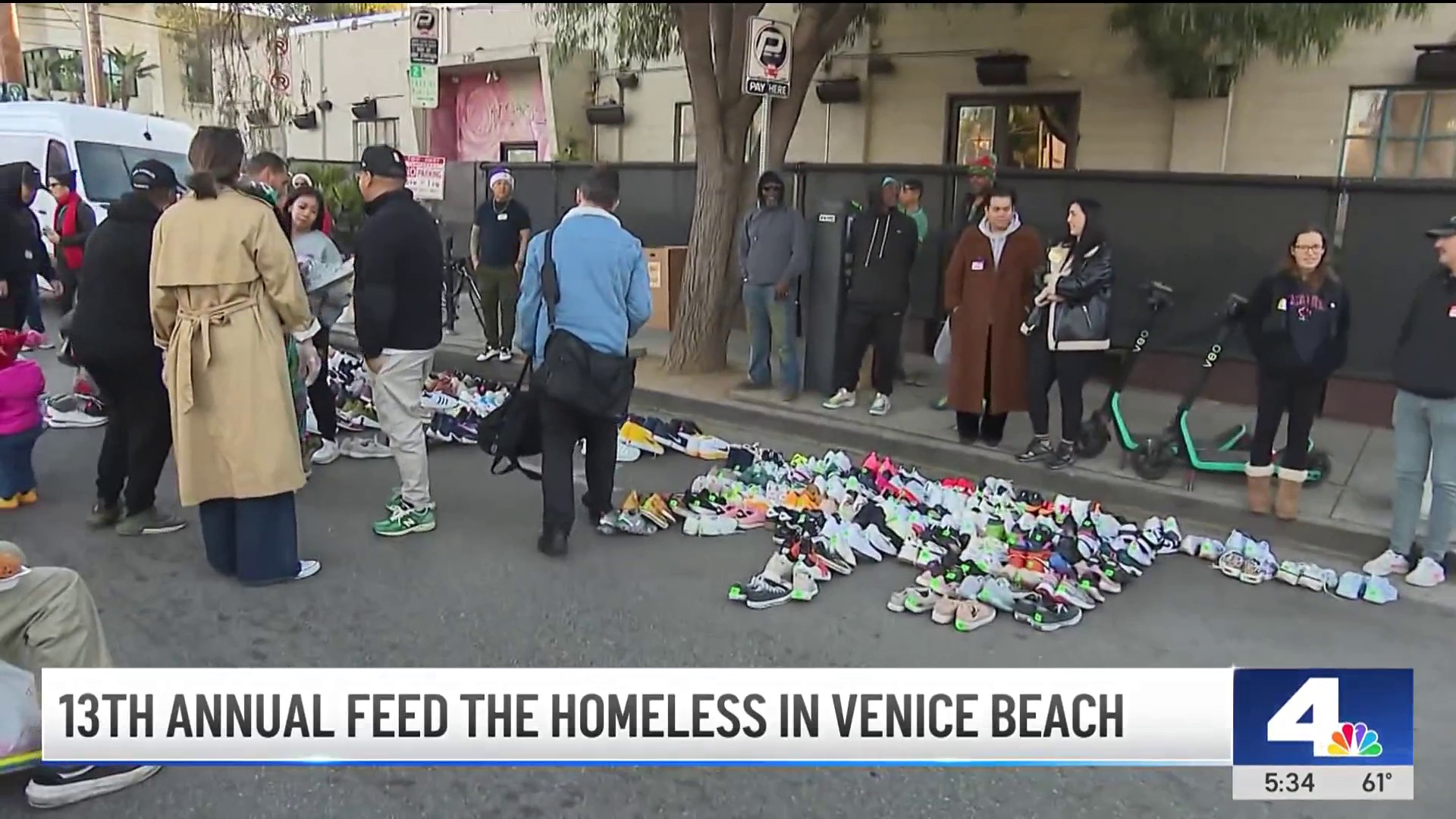Millions of Americans who have lost their homes or are at risk of losing their homes could be eligible for a review of their foreclosure to ensure it was legal and correct.
Federal regulators launched a nationwide review of foreclosures that occurred between Jan. 1, 2009, and Dec. 31, 2010. Homeowners have until April 30 to complete a form requesting a review of their foreclosure.
Borrowers are eligible for the review if the property in question was their primary residence, the mortgage was in any stage of the foreclosure process during the stated timeframe, or was serviced by one of the mortgage lenders, mostly federally regulated banks, listed here.
In 2010, one of the years included in the review notice, more than half a million homes in California were involved in some stage of the foreclosure process, according to RealtyTrac.
Roughly 4 million notifications were sent out starting in Nov. 2011, but because the foreclosures in question were active nearly three years ago, there is a chance that those homeowners have already lost their residence.
Dealing with this scenario is part of the impending reviews, for which there is no precedent, said Paul Leonard, vice president of government affairs for the housing policy council, a trade association in Washington D.C. that represents the majority of the lenders included in the review.
"Nothing of this scope (has happened before)," Leonard said. "There have been similar efforts, but this is a pretty significant look back that could result in financial compensation to a large number of people."
Local
Get Los Angeles's latest local news on crime, entertainment, weather, schools, COVID, cost of living and more. Here's your go-to source for today's LA news.
To connect the dots, a private mailing company hired to send out the notices are using skip tracing techniques – including searching utility and phone records – to find relocated homeowners, Leonard said.
The reviews will be conducted by private companies under the supervision of federal regulators, Leonard said.
If fraud or miscalculations are found, responsibility falls on the servicers to compensate the homeowners – although there are no specifics as to what that compensation could entail.
Servicers "must be prepared for some kind of financial remuneration, but we don’t know the size yet," Leonard said.
Those servicers, which include Bank of America, Citibank, Chase and Wells Fargo, will foot the bill for the reviews, he said.
The impetus for the review came in Nov. 2010, when regulators began prying into servicers’ foreclosure practices.
That led to an April 2011 agreement between servicers and their regulators, the Office of the Comptroller of the Currency and the Board of Governors of the Federal Reserve System.
It required servicers to establish, among others, a single point of contact so homeowners can be sure they are talking to a person who has their information, and manage their third party involvement – two areas that LA-based foreclosure attorney Deborah Bronner said give her clients the most grief.
"It’s heart breaking," she said. "The person doesn’t really understand the laws governing foreclosure."
A typical case Bronner sees includes clients under review for loan modification who are negotiation with their bank without a third party.
"The outgoing message on lenders’ voicemail says you don’t need a third party to help you, they discourage borrowers from hiring someone to help them," Bronner said.
Mortgage lenders tell Bronner’s clients not to worry about the foreclosure notices because their in-person loan modification agreements will suffice, she said. But that’s not true.
"Once a lender has made an attempt to comply with notice requirements for selling the house, they can sell it even if they are verbally telling the borrower that they are postponing the sale," Bronner said.
This discrepancy between what lenders say and how clients understand the law is one of the targets of the federal foreclosure review.
Other situations that could have led to financial injury are posted in the review’s frequently asked questions, and include inaccurately charged fees or mortgage payments; the foreclosure happened even though the homeowner was in agreement with their loan modification; or the mortgage balance at the time of foreclosure was more than the homeowner actually owed.
The notice, which accompanies a five-page request form, was not published online out of concern that fraudsters could plagiarize the letter, according to officials at the Federal Reserve. But a copy of the letter has been posted on Pro Publica.
Bronner received a handful of the letters in her office this past week alone, and said her initial reaction to the notices was speculation because of rampant fraud in the foreclosure industry.
"Ninety-nine out of 100 (notices) like these are scams," she said. "It looked just like other solicitations for loan modifications."
Bronner said the letters were vague and unclear about how much homeowners could receive for their troubles.
"Would they get their house back? Their equity back?" she said. "Now the question is, is it worth anybody’s time?"
Individuals who do not request a review but meet the criteria for eligibility may still have a case, Leonard said. Reviewers will look over all possible cases and notify homeowners if theirs has been chosen.
Follow NBCLA for the latest LA news, events and entertainment: Twitter: @NBCLA // Facebook: NBCLA



